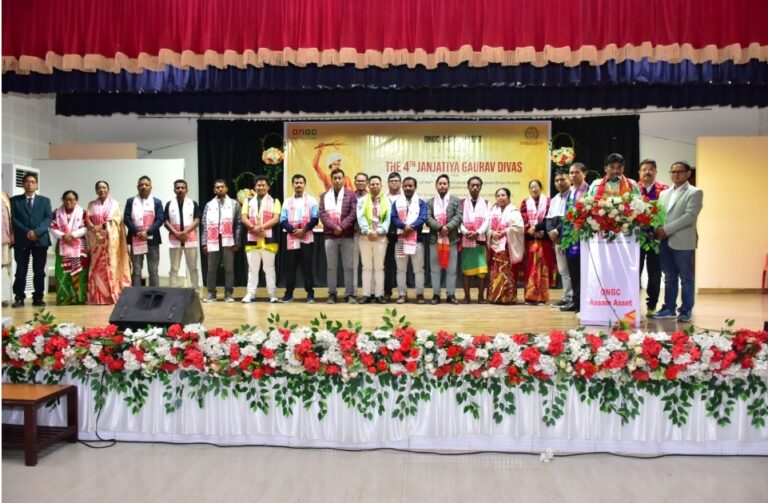The All India Muslim Personal Law Board (AIMPLB) has told the Supreme Court that a Muslim woman is free to enter a mosque and is allowed to offer namaz (prayers).
In an affidavit submitted before the top court through advocate MR Shamshad, the AIMPLB said that Islam does allow women to pray inside mosques, provided there is no intermixing of men and women and separate congregational spaces are provided for both.
“It is submitted that the questions raised in the present petition are not in the background of state action. The practices of religion in the places of worship (which in the present matter are mosques) are purely private bodies regulated by ‘Muttawalis’ of the mosques,” the affidavit said.
In 2020, a petition was filed in the apex court by Pune-based activist Farha Anwar Hussain Shaikh who sought a direction that the alleged practices of prohibition of entry of Muslim women into mosques in India are illegal and unconstitutional. The Supreme Court is likely to hear the matter in March.
The affidavit said the AIMPLB, being a body of experts without any state powers, can only issue advisory opinion based on Islamic principles.
“Considering the said religious texts, doctrines, and religious beliefs of the followers of Islam, it is submitted that entry of women into mosques for offering namaz inside mosques is permitted,” it said.
“Thus, a Muslim woman is free to enter into a masjid (mosque) for prayers. It is her option to exercise her right to avail such facilities as available for prayers in a masjid,” the affidavit said.
The affidavit read that although it is mandatory for Muslim men to join daily five times prayers in congregation and to offer weekly Friday ‘Namaz’ in congregation, it is not obligatory for Muslim women. It said that a Muslim woman can pray as per her option, “either in masjid or at home”.
However, it said that there is no religious text that authorises “free intermingling” of genders in any masjid.
“It is submitted that the Masjid An-Nabawi in Medina has separate spaces/chambers for men and women inside the mosque. In the area surrounding the Masjid An-Nabawi, designated and separate spaces are available for men and women worshippers with temporary barricades in place demarcating them,” it said.
The affidavit said when it comes to performing namaz around the Kaaba in Mecca, there are temporary arrangements by putting barricades to provide separation between men and women worshippers during the prayer. “The etiquettes of prayer, particularly no free inter-mixing of both sexes, are adhered to willingly, strictly, and sincerely by all worshippers whether men or women,” it said















